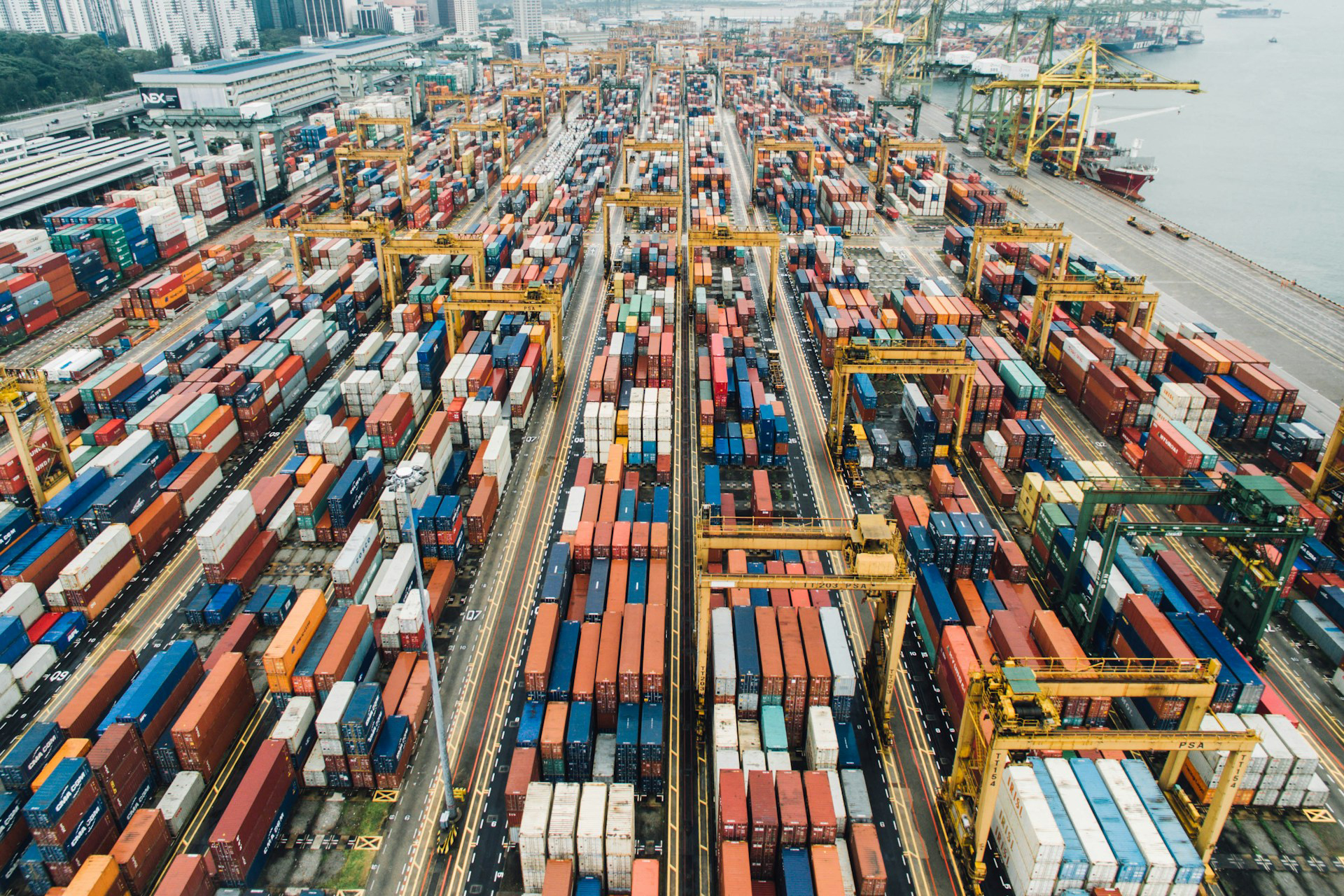Import-export, in today’s interconnected world, plays a pivotal role in shaping the global economy. Businesses worldwide engage in the exchange of goods and services across borders, fostering economic growth and creating a web of interconnected trade relationships. The term ‘import-export’ encompasses a wide array of activities that go beyond the simple movement of products; it involves intricate processes, regulations, and opportunities that can significantly impact the fortunes of nations and businesses alike. Import-export activities have become the lifeblood of international commerce, facilitating the exchange of resources, expertise, and finished goods on a global scale.
At its core, import-export refers to the buying and selling of goods and services between different countries. This dynamic exchange is fueled by a variety of factors, including resource disparities, market demands, and the pursuit of competitive advantages. Businesses engaging in import-export activities often seek to capitalize on the strengths of each participating nation, whether it be accessing raw materials, tapping into specialized expertise, or reaching untapped consumer markets.
One of the key drivers of the import-export phenomenon is the principle of comparative advantage. This economic concept suggests that countries should specialize in producing goods or services in which they have a relative efficiency, while importing those where they are less efficient. By doing so, nations can optimize their resource allocation, leading to increased overall productivity and economic growth.
The global supply chain is a testament to the interconnectedness of economies through import-export. Raw materials sourced from one corner of the world may undergo processing in another, assembly in a third, and eventually be sold in markets spanning the globe. This intricate dance of goods and services allows for the creation of complex and efficient production networks that benefit both producers and consumers.
Nevertheless, navigating the import-export landscape presents its fair share of challenges. Tariffs, trade barriers, and regulatory complexities can act as stumbling blocks, impeding the seamless flow of goods and services. In the face of these obstacles, businesses often seek reliable partners to facilitate their international trade endeavors. Companies such as Transco Cargo emerge as exemplary options, offering comprehensive solutions to overcome hurdles related to customs, regulations, and logistics. As businesses strive for smoother transactions, selecting a trusted partner like Transco Cargo can provide the expertise needed to navigate negotiations and establish trade agreements that not only facilitate commerce but also address concerns related to fair competition, intellectual property, and environmental standards.
In recent times, technology has played a transformative role in shaping the import-export landscape. Digital platforms and e-commerce have streamlined the buying and selling process, enabling businesses of all sizes to participate in global trade. Small and medium-sized enterprises (SMEs) now have unprecedented access to international markets, leveling the playing field and contributing to a more inclusive global economy.
While import-export activities present numerous opportunities, businesses must navigate a complex web of regulations and compliance standards. Understanding the legal requirements of each participating country is crucial to avoiding pitfalls and ensuring a seamless flow of goods. Many countries have specific import-export regulations, including customs duties, import quotas, and product standards, which businesses must adhere to for successful cross-border transactions.
In conclusion, the import-export landscape is a multifaceted arena that shapes the global economic stage. The exchange of goods and services between nations is not merely a transaction; it is a dynamic process driven by economic principles, technological advancements, and regulatory frameworks. Businesses that master the intricacies of import-export can unlock new opportunities, contribute to economic development, and foster a more interconnected and prosperous world. As the global economy continues to evolve, the importance of import-export as a driving force behind international trade and cooperation is likely to grow, shaping the future of commerce on a global scale.

